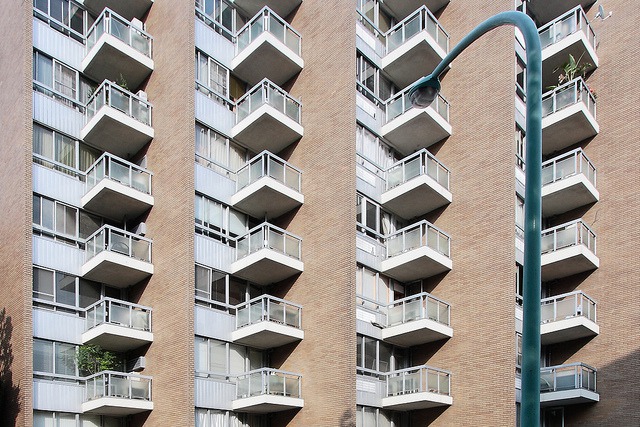
How to Rent a Japanese Apartment
Renting an apartment in Japan is a struggle that many foreigners have to go through. From even finding an apartment to actually getting the landlord to rent it out to you, the struggles never end. This article will answer a couple of those issues. Curious or in desperate need of help? Start reading!
This post may contain affiliate links. If you buy through them, we may earn a commission at no additional cost to you.
An apartment listing will give details of the price, type of apartment, year it was built, any amenities and sometimes--as is seen on this ad--whether the landlord allows foreigners.
“LDK” – this term refers to the Living, Dining and Kitchen. For example, if you see the term “3LDK”, then what that means is the apartment or house has 3 rooms separate from the LDK, so basically a 3 bedroom dwelling. Similarly, 2LDK means a 2 bedroom dwelling.
“Apartments vs. Mansions” – “Mansion” in English usually refers to a large house in open spaces surrounded by tight security. Not here. Mansion in Japan refers to a condominium and is used on both rental and for sale arenas.
Prepare enough money
Rent in Tokyo differs depending on the area, but no matter how cheap the rent is, you will end up paying a very large upfront fee. This is because there are multiple extra fees that are required when renting a Japanese apartment.
Key money: In the case of a typical Japanese style apartment key money is usually required. Key money a non-refundable up-front payment to the landlord for letting you rent the property. It is usually the equivalent of two months rent but can sometimes be negotiated.
If you require parking for your car or for a bicycle, or if you have pets, apartments will usually charge for these as well.
Agent's Commission: There is a standard agent's commission of one month’s rent plus 5% tax. Security Deposit: Landlords will often request a security deposit of 4 – 6 months' rent in advance. Monthly Maintenance Fee: In some typical Japanese style apartments a monthly building maintenance fee will be added to the rent. Renewal Fee: In the case of typical Japanese apartments...a renewal fee is often charged at the at the end of the contract, usually two years, to renew the contract.
Prepare the necessary documents
As a foreigner in Japan, you will need to provide proof that you are in Japan legally in order to rent an apartment. This proof usually entails just your residence card and/or your passport. Make sure you bring them to the realtor so they can make copies for your apartment applications.
Get proof of work or study
Another document you will need besides your passport and residence card is proof that you are legally working or studying in Japan. If you are working, your company should give you a letter of proof, or you can provide evidence via other paperwork. For study, you should provide a letter of admission to the program you are in.
Get a good realtor
With a little help and a lot of money, this could be your new apartment.
Apartments are usually rented through real estate agents rather than landlords. Real estate offices can be recognized by listings of available apartments in their show windows. They also advertise on signs in the neighborhood and in various publications.
Renting an apartment as a foreigner would be very, very difficult without a realtor. There are several English-speaking realtors in Tokyo as well as Japan's other big cities. While speaking Japanese is a big plus, you shouldn't go through the rental process alone. Having a Japanese realtor will also help in negotiating with landlords, as some apartments will not accept foreigners unless they have the backing of a realtor.
The information in this article is accurate at the time of publication.











